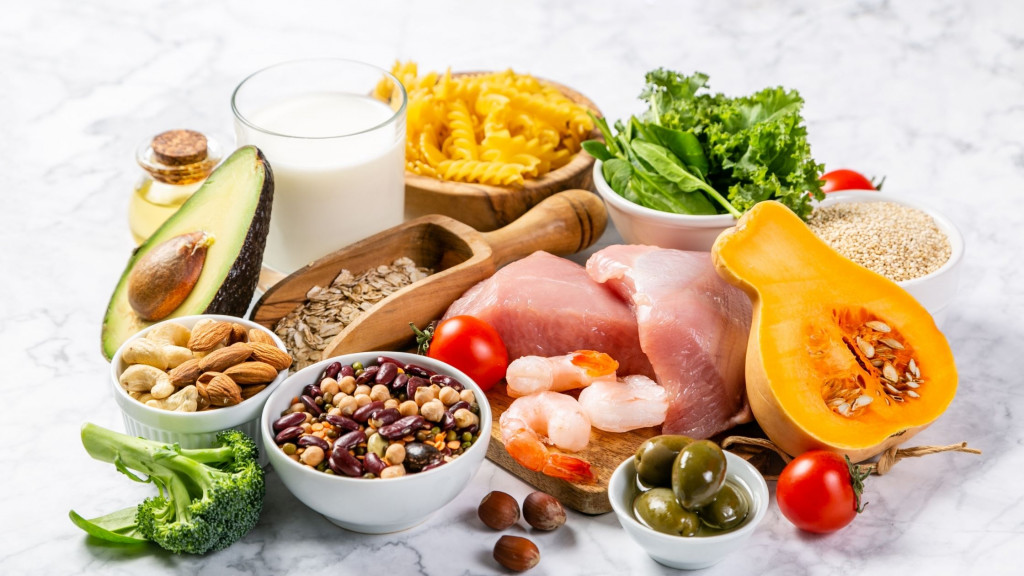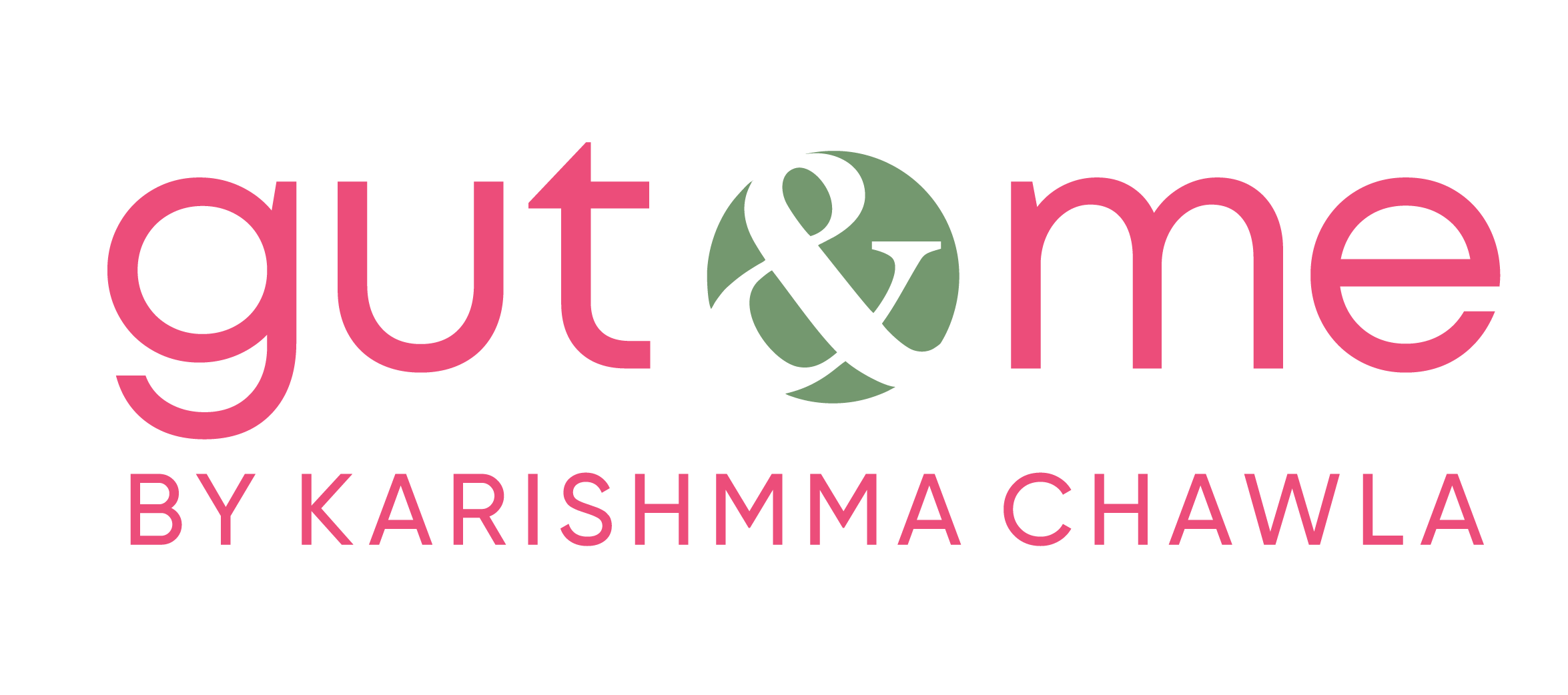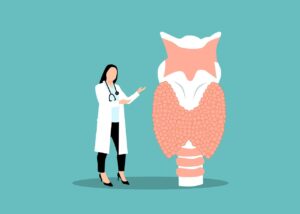Irritable bowel syndrome (IBS) is a multi-factorial “disorder of gut brain interaction” in which symptoms manifest due to changes in GI function but not due to GI structural damage. Such functional gastrointestinal orders are now considered “disorders of gut-brain interactions”
Irritable Bowel Syndrome might include disruption of:
- Gut nervous system
- Digestive enzyme production
- Muscular reflex system
Gut inflammation can impact the brain.
- Inflammation can affect neurodevelopment and neurodegeneration
- IBS symptoms often go hand in hand with mood disorders like depression
- Stress can originate in the gut and the mind
Signs and Symptoms of Irritable Bowel Syndrome
The most common Irritable Bowel Syndrome symptoms include unexplained abdominal pain. GI distress, altered bowel habits/motility, constipation, flatulence, and exacerbation of symptoms in response to stress. IBS is characterized and categorized by alterations in GI transit time, predominantly (IBS-D), predominantly constipation (IBS-C), a mixture of both (IBS-M) or it may be considered unclassified (IBS-U)

IBS is caused by any combination of things that can disrupt the nervous system in the gut, the production of digestive enzymes, and the muscular reflex system. The root causes of IBS are :
- SIBO
- Food intolerances
- Leaky Gut
- Parasites
- Yeast overgrowth
- Zinc Or Magnesium deficiency
- Heavy metal toxicity
Psychosocial stress is associated with IBS and may trigger or exacerbate an increase in gastrointestinal distress. Stress hormones can increase visceral hypersensitivity and negatively affect motility.
Diet and Irritable Bowel Syndrome
Complications of IBS and treatment for Irritable Bowel Syndrome appear to be directly related to food intake with the majority of patients complaining of abdominal pain and bloating.
Suspected “triggers” include
- Alcohol
- Biogenic amines (histamine, tyramine in tuna, salami, cheese, wine/beer, port, milk)
- Cabbage
- Caffeine
- Chocolate
- Cow’s milk and milk products (dairy)
- Fats
- Fish/shellfish
- Food additives
- Fried foods
- Garlic
- Gluten
- Grains
- Hazelnuts
- Onion
- Peas/beans
- Pizza
- Smoked foods
- Spicy foods
- Soy
- Tomatoes
- Walnuts
- Wheat products (pasta, bread, pizza)
- Yeast
Takeaways:

- The Low- FODMAP Diet can be helpful for people for a short period
- The Mediterranean diet is a good basis for an anti-inflammatory plan as it is rich in plant-based foods, antioxidants, and phytonutrients, and is associated with decreased inflammatory marker
- Probiotic therapy yields positive results in IBS including a general reduction in symptoms including a reduction in pain and a reduction in symptom severity
- GI health can be supported with
- Aloe vera
- Glutamine
- Minerals including zinc carnosine
- Omega-3 fatty acids
- Short-chain fatty acids
- Vitamins including vitamin A/carotenoids, folate, vitamin C, vitamin E
- Stress management tools such as relaxation techniques. Mindfulness therapy, hypnosis, yoga, and walking can be beneficial.
Empower yourself against IBS. Consult with Karishmma Chawla to understand triggers and optimize your digestive health.





